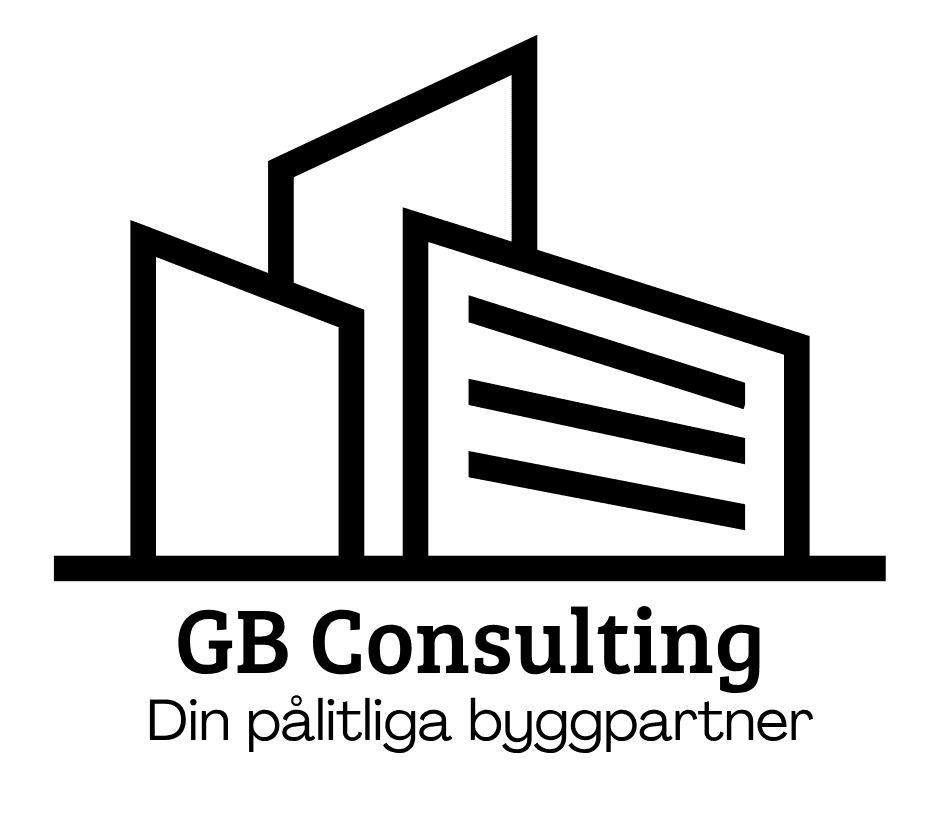Comprehensive Guide to Effective Consulting Strategies
Understanding the Role of a Consultant
Being a consultant involves providing expert advice to businesses or individuals in a specific field. The main goal is to help clients solve problems, improve performance, and achieve their objectives. Effective consulting requires a blend of skills, including analytical thinking, communication, and interpersonal abilities. To succeed, consultants must understand both the industry they operate in and the unique needs of each client.
Consultants are often brought in for their ability to provide an objective viewpoint, which can be crucial for businesses that are too close to their own operations to see clearly. They bring specialized knowledge and experience that might not be available in-house. This expertise can help streamline processes, introduce innovative solutions, and ultimately contribute to the success of a project.

Developing a Strong Client Relationship
Building and maintaining a strong relationship with clients is essential for effective consulting. The foundation of any successful consulting engagement is trust. Clients need to know that their consultant truly understands their business challenges and is committed to helping them achieve their goals. This trust is built through regular communication, transparency, and delivering on promises.
Regular check-ins and updates ensure that clients are always informed about the progress of a project. It's also important to listen to client feedback and be willing to adapt strategies as needed. A flexible approach demonstrates a consultant’s commitment to achieving the best possible outcomes for their clients.
Identifying Client Needs and Objectives
The first step in any consulting engagement is to thoroughly understand the client's needs and objectives. This involves conducting a comprehensive assessment of their current operations and identifying areas for improvement. Consultants must ask the right questions to uncover the root causes of any issues the client is facing.
Once the problems are clearly defined, consultants work with the client to set realistic goals. These objectives will guide the consulting process and provide benchmarks for success. It's crucial that these goals are specific, measurable, achievable, relevant, and time-bound (SMART).

Creating a Tailored Strategy
With a clear understanding of the client's needs and objectives, consultants can develop a tailored strategy. This strategy should include detailed plans for implementation, timelines, and metrics for measuring success. A well-crafted strategy takes into account the unique aspects of each client’s business, such as their company culture, industry trends, and competitive landscape.
Effective strategies often involve a combination of short-term solutions and long-term planning. This dual approach helps clients see immediate improvements while also laying the groundwork for sustained success. Consultants must ensure that all stakeholders are on board with the strategy and understand their roles in its execution.
Implementing Solutions and Measuring Success
The implementation phase is where strategies are put into action. This phase often requires close collaboration between consultants and the client's team. Consultants play a crucial role in guiding implementation efforts, providing support, and troubleshooting any issues that arise.
Measuring success is an ongoing process that involves tracking key performance indicators (KPIs) and comparing them against the goals set during the planning stage. Regular reporting helps keep everyone aligned and provides insights into what is working and what may need adjustment. It's essential for consultants to remain flexible and be ready to pivot strategies based on data-driven insights.

Continuous Improvement and Feedback
Effective consulting doesn't end with the implementation of a strategy. Continuous improvement is vital for achieving long-term success. Consultants should establish mechanisms for ongoing evaluation and feedback, allowing them to make informed adjustments as needed.
This process involves staying up-to-date with industry developments and maintaining open lines of communication with clients. By fostering a culture of continuous improvement, consultants can ensure that their clients remain competitive and responsive to changing market conditions.
Conclusion
Effective consulting strategies are built on a foundation of trust, a deep understanding of client needs, and a tailored approach to problem-solving. By focusing on building strong relationships, developing customized strategies, and promoting continuous improvement, consultants can drive meaningful change and help their clients achieve lasting success. As the business landscape evolves, the best consultants will remain adaptable, always ready to meet new challenges with innovative solutions.
